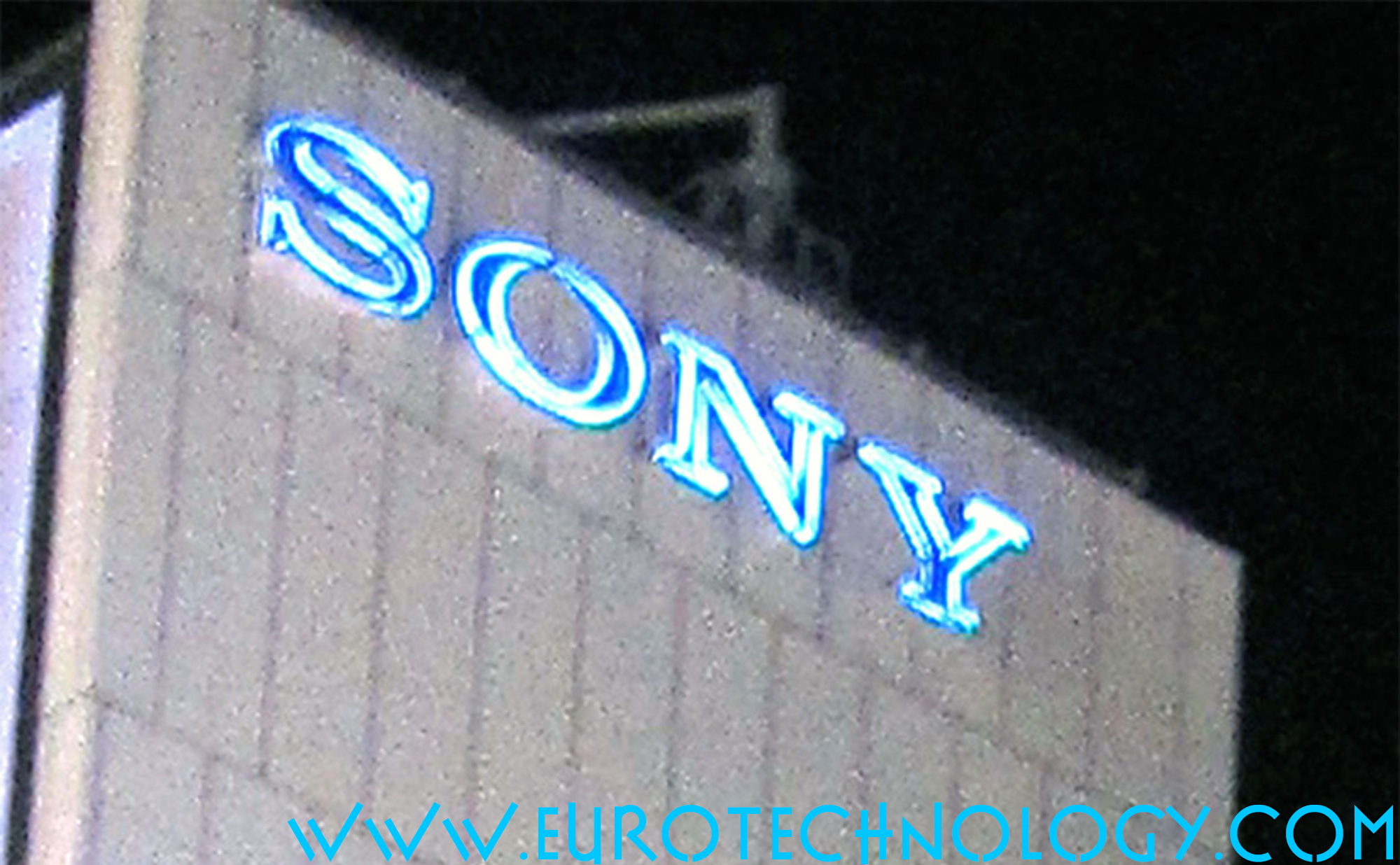Category: music
-

Wiener Staatsoper – who is the owner?
One of my friends asked me who the owner of the Vienna State Opera House is Wiener Staatsoper organization and ownership, as for Austria’s top 5 Theater Houses, is determined by the “Bundestheaterorganisationsgesetz” (BThOG) One of my friends asked me the question “Who owns the Wiener Staatsoper these days by the way?”. This is easy…
-
Japan’s media revolution – a European perspective
Presentation to a delegation of Denmark’s media leaders: printed media, newspapers, radio, TV at the Embassy of Denmark March 1, 2010 Topic: “Japan’s media revolution – a European perspective” Agenda Why is there no NOKIA in Japan? Is Japan’s market difficult and closed? What can we learn? Nokia tried for 20 years to build a…
-
5 Million Chaku-Uta-Full downloads
KDDI/AU announced that 5 Millions Chaku-Uta-Full songs have been downloaded until April 3, 2005. Download our 230 page analysis of KDDI/AU Download our “mobile music” report Note added: on June 15, 2005, KDDI reported 10 million Chaku-Uta-Full downloads… Copyright·©1997-2013 ·Eurotechnology Japan KK·All Rights Reserved·
-
Chaku-uta-full: 3 million downloads
KDDI/AU reports 3 million Chaku-uta-full (full song) downloads since it’s start on November 19, 2004: More in our “Mobile Music Japan” report. Copyright·©1997-2013 ·Eurotechnology Japan KK·All Rights Reserved·
-
Music on mobile – as a "killer application"
Turns out that music is a killer application on mobile – we are working on a number of projects in the mobile music field. We just completed our “Mobile Music Japan” report. With an incredibly much smaller potential customer base KDDI/AU delivered more downloads of 20-30 second songs (chaku-uta) than Apple’s i-Tunes. Motorola reportedly announced…
-
iTunes versus Chaku-Uta downloads – Mobile Music Rocks…
It’s tempting to compare iTunes and Chaku-Uta statistics to get a feel for the meaning of the Motorola-iTunes deal. Here we go: More about Japanese telecom sector and mobile in Japan: Eurotechnology Japan report on Japan’s telecom sector More about Mobile Music in Japan: “Mobile-Music” report Copyright·©1997-2013 ·Eurotechnology Japan KK·All Rights Reserved·
-
Global Mobile phone ring tone market
Global mobile phone ring tone market (source: Consect LLC, WSJ) in 2004: W Europe: US$ 1.5 billion (37.5%) Japan: US$ 1.0 billion (24.0%) Korea: US$ 0.5 billion (12.5%) US: US$ 0.3 billion (7.5%) ROW: US$ 0.7 billion (17.5%) ——————————— Total: US$ 4.0 billion (100%) see: “Mobile Music in Japan” (report, pdf file) Copyright·©1997-2013 ·Eurotechnology Japan…
-

Masaru Ibuka (1908-1997), founder of SONY, obituary for NATURE
Masaru Ibuka obituary in NATURE by Gerhard Fasol Masaru Ibuka (1908-1997), founder of SONY After Masaru Ibuka (井深大) died on December 19, 1997, NATURE asked me to write an obituary about Masaru Ibuka, which was published in Nature on February 26, 1998, and you can download the article as a pdf-file here. The reference is:…
